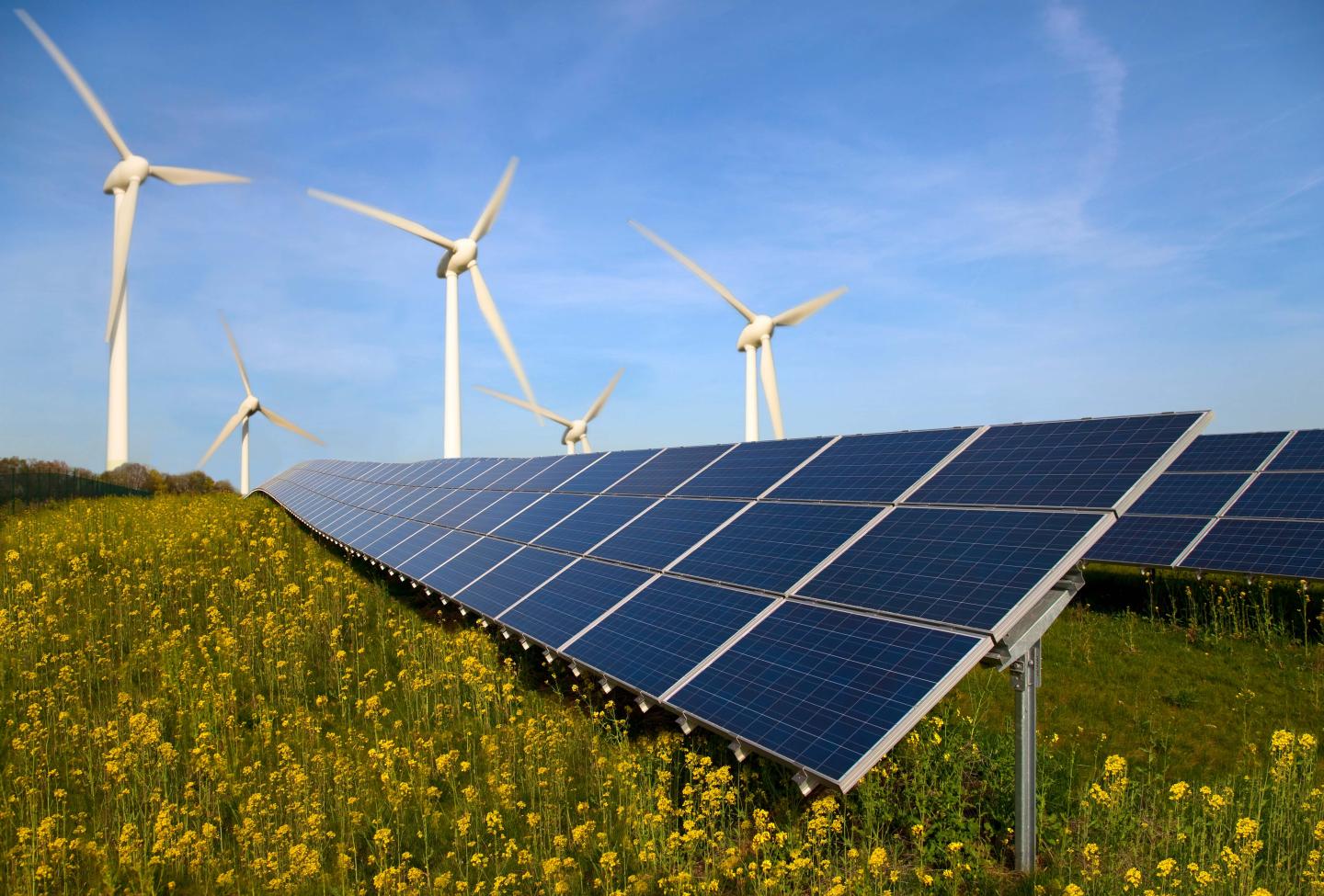4 reasons your vote matters
When 33-year-old Anuraag Jhawar of San Francisco steps into the voting booth on Election Day, November 5, one thing will be top of mind: Mira, his infant daughter born this July. “What is the world that she and her generation are going to inherit?” he asks.

Like so many parents, he wants a safe environment for his child — clean air and water, a stable climate. But there are obvious reasons for concern: This summer, after 13 months of record-breaking heat, the Earth experienced the three hottest days on record. A few weeks prior, Hurricane Beryl slammed into Houston, killing at least 36 Texans and leaving millions without power, some for more than a week. It was the earliest Category 5 storm on record.
In the next few years, our elected officials will be making crucial environmental decisions. Whether we have cleaner air and water and more clean energy jobs, or pay increasingly higher costs from dangerous storms, wildfires and droughts depends, in part, on voters’ choices in the coming days.
If you think “every vote matters” sounds clichéd, consider this: In 2022, the winner of a New Hampshire House of Representatives race came down to a single vote. That same year, in a congressional contest, an environmental champion edged out a former gas industry lobbyist by only 2,004 votes, out of 253,000 cast.
Surveys show many environmentally minded voters don’t make it to the polls. So make sure you know your polling place, have a plan for how you will cast your ballot and encourage others to do the same — you could even make a plan to vote together.
As EDF’s General Counsel Vickie Patton says: “Voting is crucial. It can determine the strength of our public health and environmental protections, whether we have leaders who will address climate change, officials who ensure we have clean air and water, and a judiciary that protects the interests of the American people over powerful polluters.”
As you head out to the polls, here are some things to keep in mind.
1. Climate action is delivering results
In the last four years, as a nation, we’ve made more progress than ever in tackling climate change — thanks to the Bipartisan Infrastructure Law and the Inflation Reduction Act, two signature pieces of Biden legislation. But to meet our climate goals, we need to go further, to help those laws fulfill their promise and reduce even more climate pollution.

Thanks to federal investments, renewable energy is now being deployed as never before, with sources like solar and wind power making up 21% of all electricity produced in 2023. Electric vehicles are now cheaper to own and operate than gasoline-powered cars in nearly every state, according to automotive analytics firm J.D. Power. Sales of energy-efficient, money-saving heat pumps, which heat and cool homes, now outstrip gas furnaces, saving consumers money as they prevent pollution.
All these advances come with impressive job growth. The U.S. Department of Labor projects that over the next eight years the fastest-growing occupation in the country will be wind power technician. More than 200,000 jobs building electric vehicles have been announced since the infrastructure law was signed in November 2021.
- Electric vehicle sales and satisfaction continue to rise
- From coasts to farms to cities, how Biden’s landmark climate plan is helping a community near you
“It can't be overstated what extraordinary steps this administration has taken on climate and the progress that's been made,” says Joanna Slaney, EDF’s associate vice president for political affairs. “And we still have work to do.”
2. Courts can impact policy
The president nominates new Supreme Court justices and the Senate approves or rejects them. The impacts of these justices can be profound.
In its last two sessions, the Supreme Court overturned important clean air and wetlands protections. And it limited the long-standing ability of federal agencies, such as the Environmental Protection Agency, to use their technical and scientific expertise to administer laws.
Judges now have extraordinary power to make policy decisions. So when you enter the voting booth, remember: Your vote will affect who sits on the bench.
3. Every race on the ballot matters
Senators, U.S. representatives, governors, and state and local elected officials have pivotal roles to play in making positive change for the environment and our health.

Last year, Michigan passed legislation that will, by 2040, essentially eliminate air and climate pollution from power plants in the state. City officials in arid Mesa, Arizona, created incentives to aid homeowners in converting their thirsty, grass lawns to drought-resistant yards, helping to preserve the city’s water supply.
If there’s a change you’d like to see in your community, state or the country as a whole, find out where your candidates stand, tell them you want them to support policies that protect the environment, and be sure to vote your values.
4. Preparing for extreme weather
The extreme weather unleashed by climate change is becoming increasingly dangerous. We not only need to improve disaster recovery, we need to invest in solutions that will protect our health, homes and livelihoods in the long run.
Already, the Biden administration has made great strides, investing billions in drought prevention for parched Western states and flood protection for storm-prone coastal communities. But it’s only a start — there's more money yet to be distributed by the federal government, and state and local officials haven’t yet determined how to use some of it.
“This election truly has the ability to change the trajectory of our country, of the world, of the environment,” Jhawar says.
He invites you to think of Mira and her generation this November and vote.


